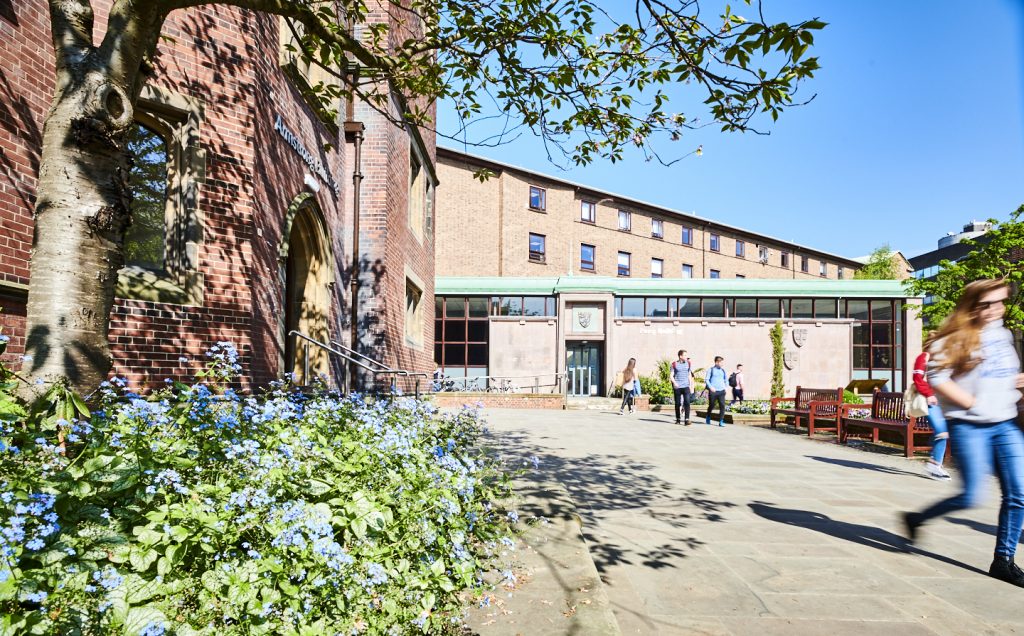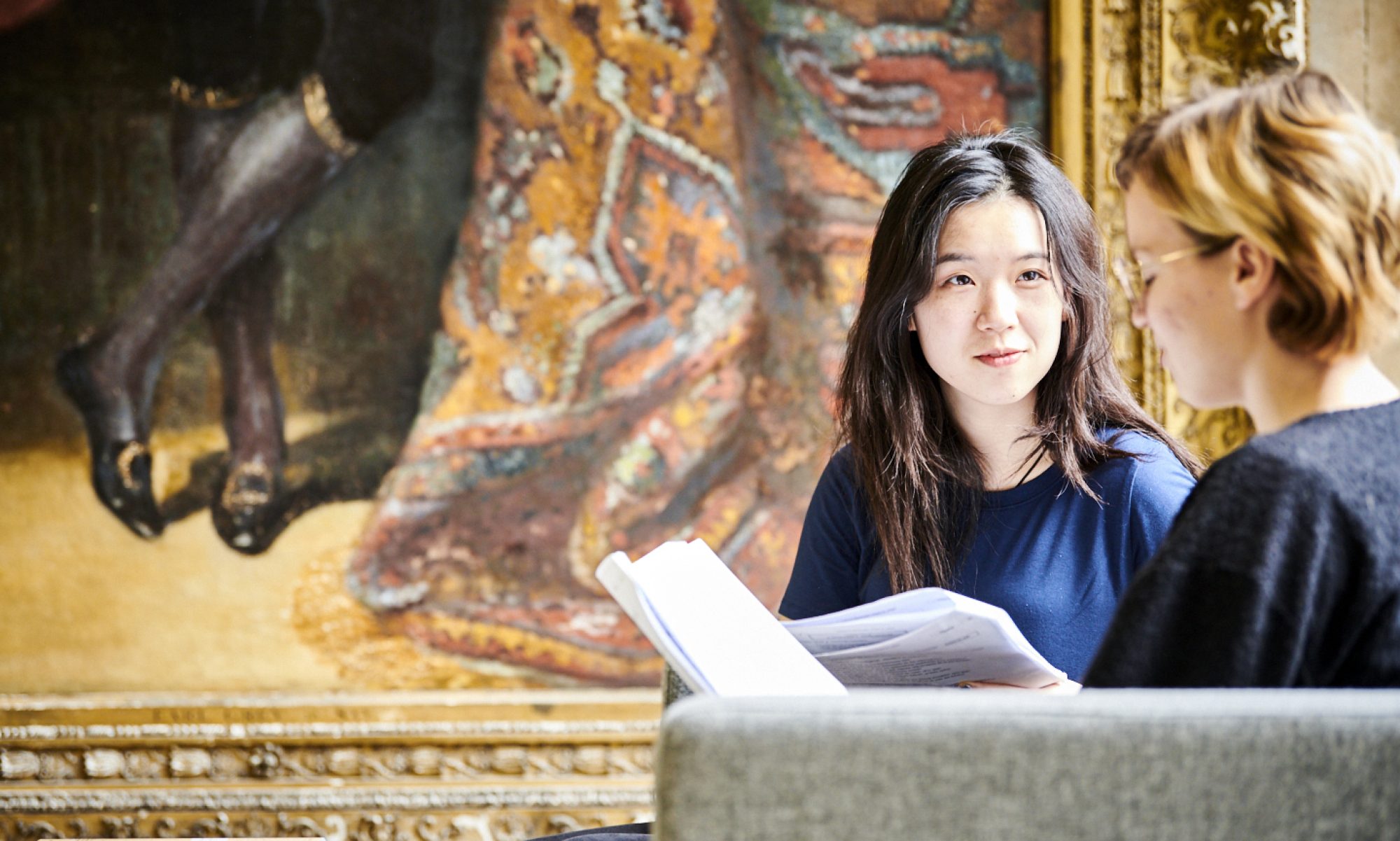Hello Everyone,
Congratulations once again your offer of a place to study at Newcastle University! My name is Christine Cuskley and I’m a Lecturer in Language and Cognition. Following the UK government announcement regarding 2020 Exam results on Monday 17 August, we wanted to reassure you that your offer still stands and we are looking forward to welcoming you to the School of English Literature, Language and Linguistics in September. If you do want to find out more about the University’s approach please read our statement and our offer holder FAQs.

Your Induction
Our flexible and enhanced University Induction programme for new students will provide you with a warm welcome and introduction to Newcastle University and Newcastle University Students’ Union (NUSU).
From Monday 28 September you’ll be able to access our Induction programme on Canvas – our Virtual Learning Environment. All information and activity will be offered online and we’ll send you full instructions on how to access Canvas the week before term starts. Some activities may include on-campus opportunities, but these will be dependent on physical distancing requirements at the time and will follow Covid-19 safety guidelines.
You’ll also receive school-specific induction information in the near future, designed to introduce you to the School of English Literature, Language and Linguistics and your degree programme. This will include everything you need to know before starting, including selecting optional modules, accessing your timetable and reading lists.
Frequently asked questions and COVID-19
We’re regularly updating both our COVID-19 FAQs and our Student Experience 2020 guide with all the latest information you need about starting your course as the Covid-19 situation continues.

Pre-arrival activities
Lecturers and Professors here in English Language and Linguistics are hard at work updating our teaching programme for the autumn. We have a few things for you to check out in the meantime to get you excited about starting your studies.
Did you know that Newcastle University is one of only two universities in the UK where undergraduates can take a dedicated course on language evolution (the study of how humans came to have the most complex, expressive communication system in the known universe)? This course won’t be on your radar until a few years into your degree, but the questions surrounding language evolution will come up in your earlier courses, from language structure to multilingualism.
If this subject sounds interesting, check out this workshop on language evolution for budding authors in science fiction – it’s part of a short story competition and you can sign up for free! This will allow you to learn a bit about language evolution and maybe dabble in some creative writing in the process. The workshop is run by my collaborator Dr Séan Roberts (Anthropology, Cardiff) and Dr Catriona Silvey, who currently researches language evolution at UCL, and will debut her first novel next year.
Newcastle also specializes in experimental approaches to studying language – we have researchers who use carefully designed tasks to try and figure out more about how language works in the brain, and how both children and adults learn and use language. Right now, one of our postgraduate students is working on a project that looks at how people remember words. It takes about 20 minutes to complete – you can try it out here if you’re curious. If you’re intrigued, you can read some more about our research questions and the larger project the experiment is a part of.
If you enjoy our experiment, you can also look into other behavioural experiments on a site called Prolific Academic, where you can earn some cash for doing longer experiments that span not only linguistics, but psychology and behavioural economics (no expertise required!). Particularly in the current climate, lots and lots of research in linguistics and beyond is going online!
We’d love to hear from you if you’re signing up to the language evolution and sci-fi workshop, and let us know if you find any cool online experiments!
Best,
Christine Cuskley
Lecturer in Language and Cognition
School of English Literature, Language and Linguistics

